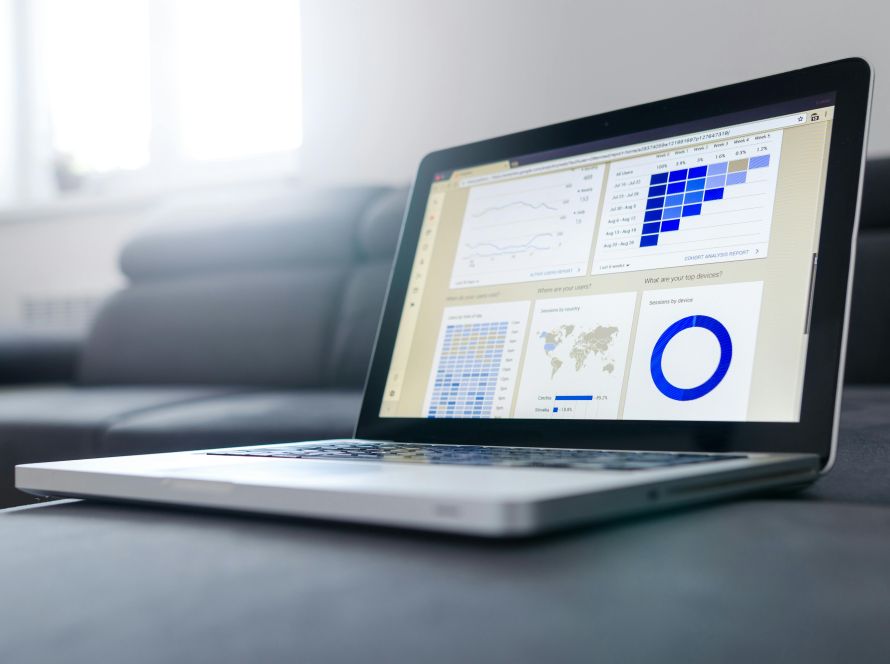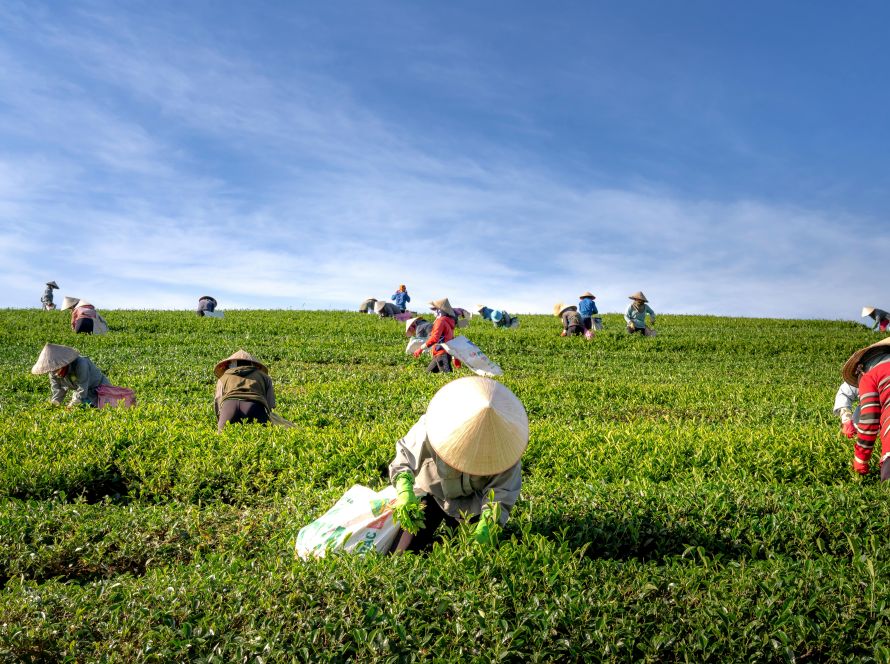introduction
The Sustainable Development Goals (SDGs) are more than a global framework—they are a blueprint for action across industries, regions, and disciplines. Aligning business operations with these goals strategic planning and Long term Goals. It requires a model that integrates social, environmental, and operational priorities into day-to-day decision-making. From farmer engagement and land management to digital systems and compliance practices, businesses are increasingly called to demonstrate not only intent but contribution. The real impact of sustainability lies in how it is embedded into process.
Sustainability in agribusiness is no longer limited to corporate responsibility statements. Today, stakeholders expect measurable alignment with the Sustainable Development Goals (SDGs)—from how companies treat their workforce, to how they use natural resources, to how transparent their operations are. This case examines how Deccan structured its sustainability model around three pillars: people (including livelihoods and community development), planet (focusing on climate, land, and water), and process (encompassing traceability, ethics, and compliance). By operationalizing this framework across its sourcing network, Deccan is able to contribute to multiple SDGs while enhancing long-term business resilience and credibility in global markets




